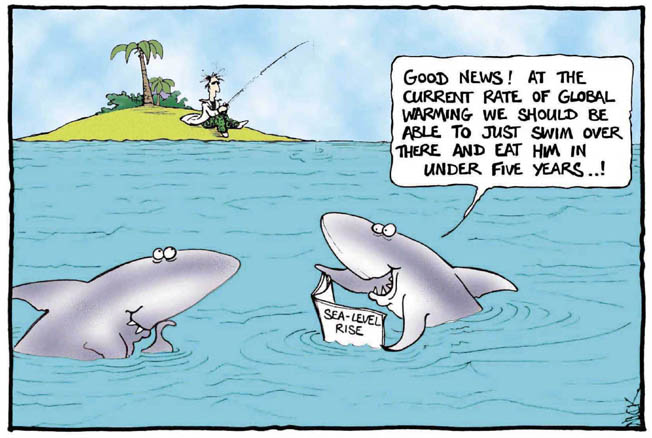Friday, February 26, 2010
Tuesday, February 23, 2010
Land of the Forsaken
The idea of a State of Fear is quite intruiging, and looking at the current condition of the media, I would have to say that the United States is in one. There are programs constantly aired announcing the newest deadly plague or condition afflicting the masses. And no matter how much the authorities do, it never seems to be enough. People are in a constant danger of something they can't see, and maybe can't stop themselves. The only thing to do is prepare ahead and hope like hell nothing too bad happens. And once the current threat is gone or lowered to an acceptable level, suddenly a new one springs into existence. SARS, and the Avian Flu are both examples of diseases from the other side of the world, yet they became a massive topic stateside, with people fearing the worst. The true impact was quite minor, in comparison.
In the book, the example of how the Berlin Wall fell, and suddenly global warming was a huge problem, is a perfect example. Until the issue is resolved, there won't be another big calamity needed, though I wouldn't be surprised if five or more are sitting in reserve. Just in case.
In the book, the example of how the Berlin Wall fell, and suddenly global warming was a huge problem, is a perfect example. Until the issue is resolved, there won't be another big calamity needed, though I wouldn't be surprised if five or more are sitting in reserve. Just in case.
Tuesday, February 16, 2010
Voice of Reason?
Kenner speaks as Creighton in so far as he is written to say what the author thinks. Yet, is there too much dialogue in how this is done? I would say that, while it tends to be useful and relevant dialogue, that yes, there is a lack of action on Kenner's part. He seems to be more of a vault of random information that has been given a name, than a true character. He pushes the story along as an enlightening figure, revealing information as it is deemed necessary, instead of letting the other characters discover it. And when Kenner goes on tangent about the usage of item a, or the effects of item b, it only further points to his being a dictionary on legs rather than a believable person.
Tuesday, February 2, 2010
'round and 'round
The 'global warming' issue is, while a truth of the Earth's natural cycle, not something that humans have caused. The planet has, from all scientific data recovered, gone from various high temperatures, to low temperatures, and back again. Many times over, no less. And it will continue to do so, regardless of human interaction. Nor should it be interfered with, lest dire consequences be wrought upon the planet. CO2 emissions have risen massively from human industrialization, as proven by many separate research experiments. But the effect of this increased CO2 is not, as some will claim, increased temperatures. In fact, the highs of global CO2 rates have been found to lag behind the temperature spikes by approximately 800 years, and the same with the lows. So, in effect, it's the other way around; high temperatures are the cause of high CO2. With this being the case, one must be weary of those who claim that the rising CO2 will make the world a warmer place. Honestly, claims of any extremes should be looked at cautiously, since the past hundred or so years have been wrought with alarmist claims of either a sudden catastrophic ice age, or a global meltdown of epic proportions. Just like the cycle of global temperatures rising and falling, so too has the media's focus on how the world will end. Yet, since these claims began, the world has been moving steadily forward in technological advancement, making the lives of many millions of people better and safer around the world.
Subscribe to:
Comments (Atom)
